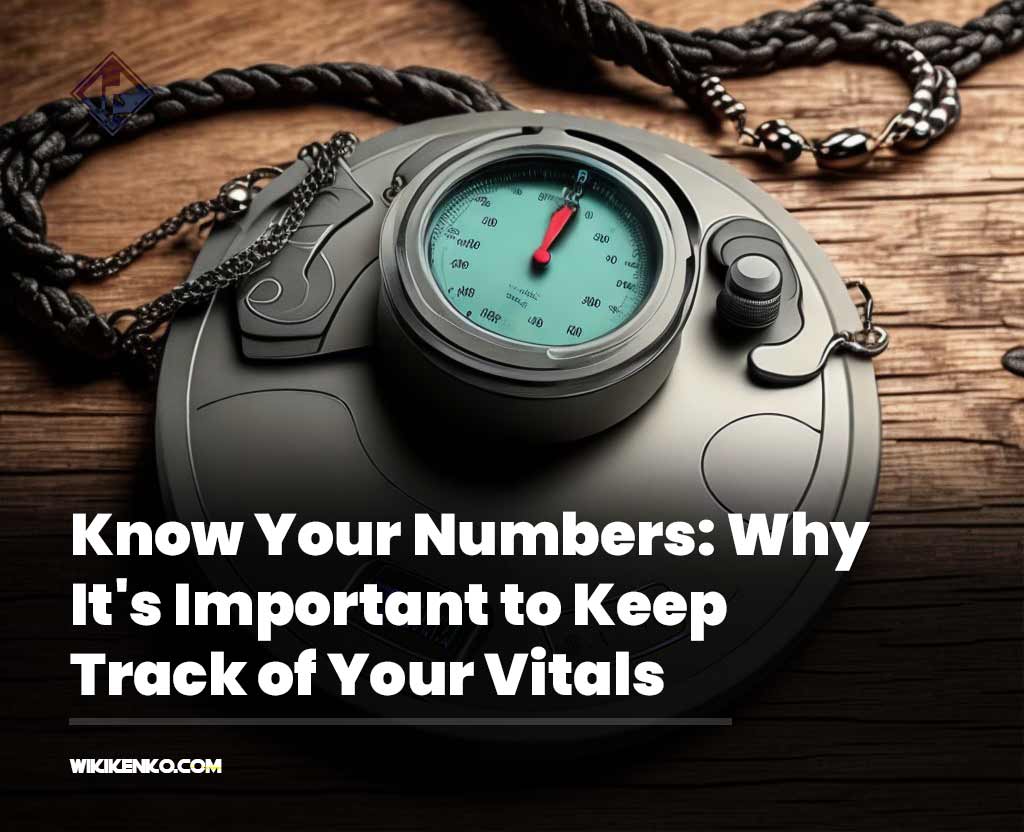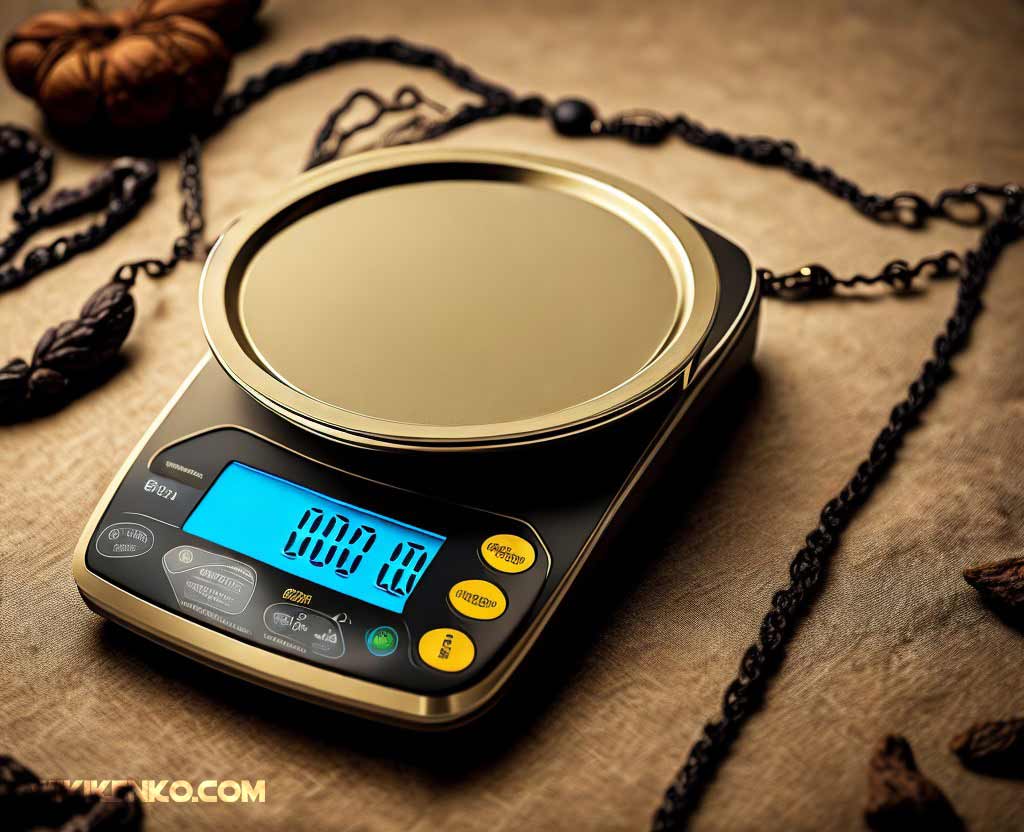Have you ever visited a doctor and wondered what all those vital checks were for? You’re not alone. Getting your pulse, blood pressure, temperature and weight checked is a routine procedure for most doctors. These tests are crucial to ensuring that your body is functioning properly and to identifying any potential health risks that you may be unaware of. But have you ever wondered why it’s important to know your numbers beyond the doctor’s office? In this article, we’ll discuss the reasons why knowing your vitals is essential and the specific numbers you should be aware of to maintain good health.
The Importance of Knowing Your Numbers
Most people only get their vitals checked when they visit a doctor, but it’s important to keep track of your numbers on your own as well. Knowing your numbers can help you identify potential health problems early on and take steps to prevent them from worsening. Additionally, being aware of your numbers can help you make informed decisions about your lifestyle choices, such as your diet and exercise habits.
Blood Pressure
Blood pressure is the force of blood against the walls of your arteries. A normal blood pressure reading is typically around 120/80. High blood pressure can lead to serious health problems such as heart disease and stroke. By monitoring your blood pressure regularly, you can take steps to lower it if it’s too high.
Pulse Rate
Your pulse rate is the number of times your heart beats per minute. A normal pulse rate during rest is between 60 and 100 beats per minute. However, your pulse rate can change depending on your activity level and any medications you’re taking. By knowing your pulse rate, you can identify any irregularities and bring them to your doctor’s attention.
Cholesterol
Cholesterol is a fatty substance that’s essential for the proper functioning of your body. However, having too much cholesterol can lead to a buildup of plaque in your arteries, which can increase your risk of heart disease. Your total cholesterol level is the sum of your HDL, LDL, and 20% of your triglyceride level. Ideally, your total cholesterol level should be under 180mg/dl.
Fasting Glucose Levels
Fasting glucose levels refer to the amount of sugar in your blood after fasting for at least eight hours. A blood glucose level in the fasting state should be less than 100mg/dl. High glucose levels can be a sign of diabetes, which can lead to a host of health problems if left untreated.
Body Mass Index (BMI)
Your BMI is a measure of your body fat based on your height and weight. A healthy BMI should be between 18.5 to 25 kg/m2. A BMI higher than 25 is considered overweight, while a BMI higher than 30 is considered obese. Being overweight or obese can increase your risk of many health problems, such as heart disease, stroke, and diabetes.
Waist Circumference Size
Your waist circumference is a measure of the size of your waist. A waist circumference that exceeds 40 inches in men and 35 inches in women is considered to be unhealthy. An increased waist circumference can be a sign of excess fat around your midsection, which can increase your risk of many health problems.
Conclusion
Knowing your numbers is an important aspect of maintaining good health. By monitoring your vitals regularly and being aware of the specific numbers you should aim for, you can take steps to prevent potential health problems from developing. Additionally, knowing your numbers can help you make informed decisions about your lifestyle choices, which can have a significant impact on your overall health and well-being.
FAQs
-
What is the best way to monitor blood pressure at home?
The best way to monitor blood pressure at home is to use a digital blood pressure monitor. Follow the instructions provided by the manufacturer to ensure accurate readings.
-
Can high cholesterol be treated with medication?
Yes, high cholesterol can be treated with medication, but lifestyle changes such as eating a healthy diet and exercising regularly can also help improve cholesterol levels.
-
Can monitoring my numbers help me prevent health problems?
Yes, monitoring your numbers can help you identify potential health problems and take action before they become serious. It can also help you track your progress if you are already dealing with a health condition.
-
Is waist circumference important for overall health?
Yes, waist circumference is an important indicator of overall health. A larger waist circumference has been linked to an increased risk of heart disease and other health problems.
-
Can I monitor my numbers without visiting a healthcare provider?
Yes, you can monitor your numbers at home using home monitoring devices such as blood pressure cuffs, blood glucose monitors, and cholesterol test kits. However, it is still recommended to visit a healthcare provider for regular check-ups and to discuss any concerns you may have about your health.






